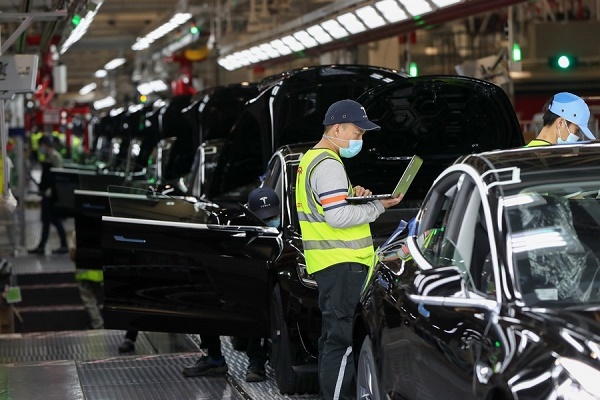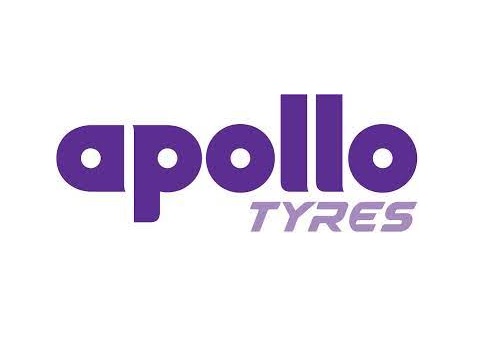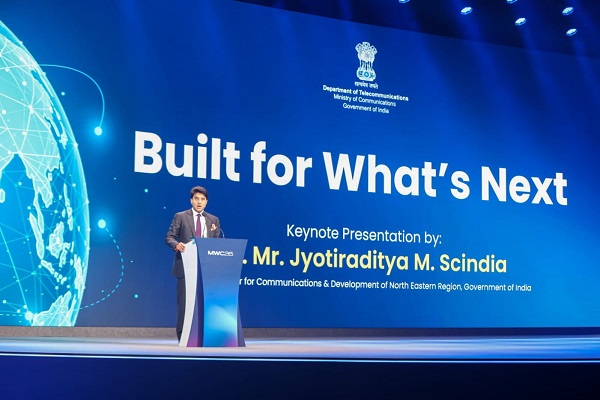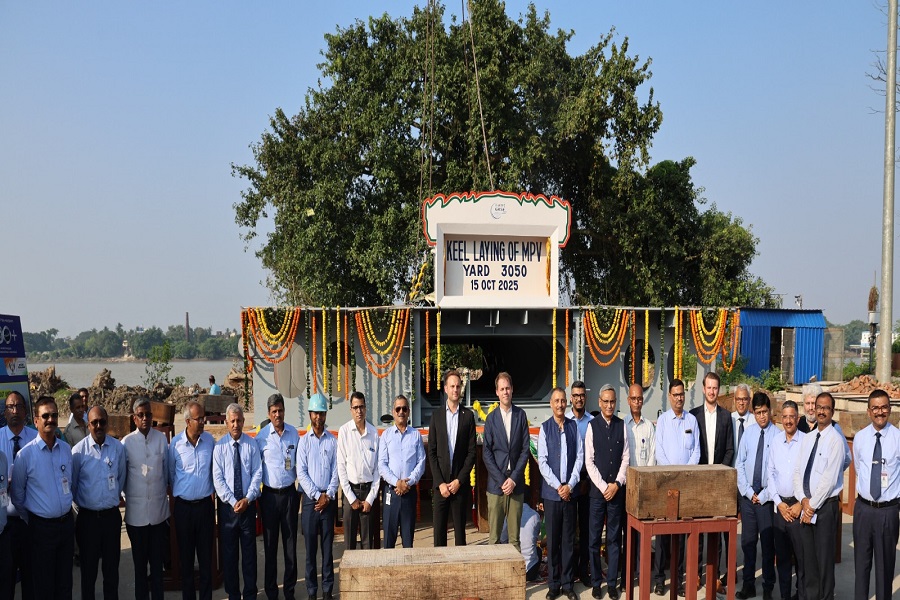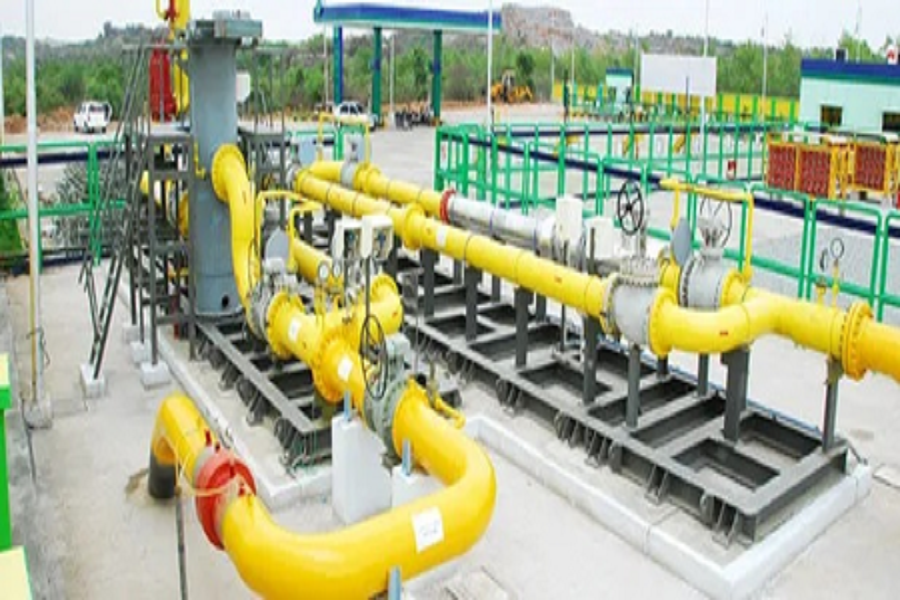India scaling up its AI mission, says Nandan Nilekani

India is not behind in the global race for artificial intelligence (AI) leadership and is now focused on scaling up its own AI mission, Infosys co-founder and Aadhaar architect, Nandan Nilekani, said on Friday.
He highlighted that the Indian AI mission is already in place and is moving forward with small models that need to be scaled up.
"Indians should not worry about not having developed large AI models like some other countries. We should not be losing sleep because somebody has not built any AI models,” he said while speaking at the ‘Global Technology Summit’ here.
“India is already on the path of progress. Now talks should be about scaling it up,” Nilekani added.
He also spoke about how this AI revolution is different from earlier tech changes. “One of the key differences between previous tech revolutions and the current one is that for the first time, we intend to place trust in non-human intelligence,” Nilekani pointed out.
In the past, technology was predictable and followed clear instructions. But with AI, we are expecting machines to make decisions -- a huge leap of faith, he said.
While AI is creating a lot of excitement, Nilekani cautioned that its implementation will not be easy.
“The real challenge lies in integrating AI into everyday systems. AI doesn’t mean it’s going to be easier. It’s going to take the same effort, if not more,” he said while speaking at the summit.
According to him, successful adoption of AI requires significant changes in the way enterprises and various governments function.
“You have to change the workflow in enterprises or in government so that AI becomes a part of it. We have to do a lot of upgradation, but the fundamentals still matter,” he said.
Despite these challenges, India’s progress in digital transformation over the last 15 years gives it an edge.
“Because of India’s situation today and the technological sophistication that we have accomplished, the gap between global developments and AI in India is going to be very short,” he said.
“Enterprise AI is much harder and will take a long time, but the most difficult is implementing AI in the public sector due to structural constraints,” he added.

.jpg)

